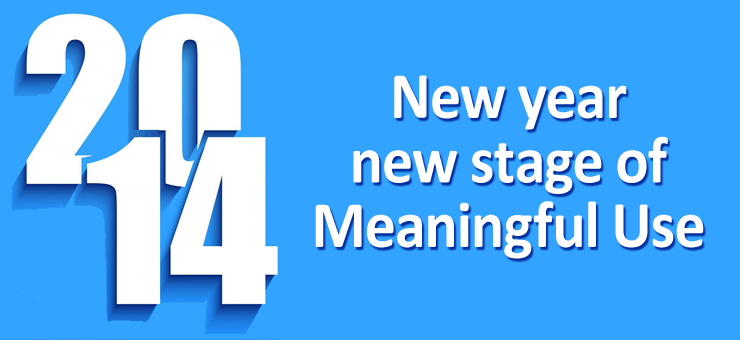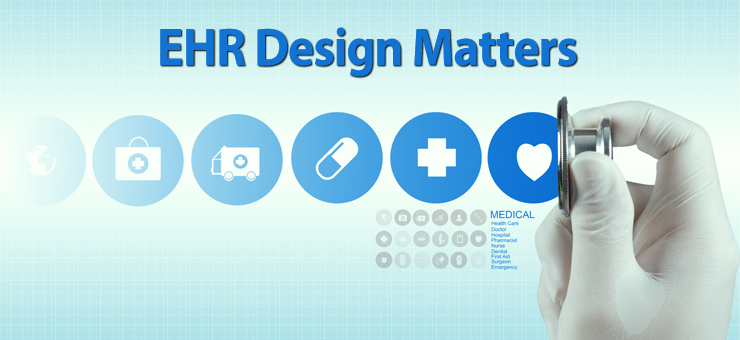You heard it right. January 1, 2014 marked the beginning of the first period for providers to attest under Stage 2 of the Meaningful Use program. 2014 is an important year for the healthcare industry, as ICD-10 will kick into action in less than 8 months’ time from now. Therefore, attest for Stage 2 as soon Read more…
Achieve Success in Meaningful Use Stage 2 and Beyond
If you are looking to succeed at Meaningful Use Stage 2, you need to think beyond it. This means that you need to seek processes and technology that help you exceed the current requirements. Aside from complying with the latest healthcare regulations and best practices, you can plug into the modern connected healthcare delivery network, Read more…
The Meaningful Use muse: All about conformity
Meeting the Meaningful Use requirements is certainly not for the feeble. They require constant compliance with core and menu objectives on part of the physicians in order to be able to attest for incentive payments. Up until now, many health IT vendors have been able to certify their products under Stage 1 of the Program. Read more…
EHR design matters
Patient safety should never be overlooked in health information management systems although making systems intuitive and enabling them to present relevant information are equally important for physician satisfaction. Some EHR vendors’ products are affecting patient safety, workflows and user satisfaction. One of the most important factors affecting patient safety is medication list. A good EHR Read more…
Awareness: Key to a Successful Transition to ICD-10
Care organizations and providers have just over 8 months before ICD-10 takes effect. Physicians, health systems, hospitals and practices are rushing to gear themselves up for the big change. But the urgency to shift to ICD-10 should not mean skipping an important first step – awareness. Coding and compliance experts believe that physicians are not aware of Read more…
Courtesy: A Formula for Physicians to Better Engage Patients
When physicians attend to a patient, they normally try to instill a personal touch in the encounter through eye-to-eye interaction. However, it is not uncommon for patients to get panicked and ask, ‘What’s wrong, Doc? Is it bad news?’ It is concerning that a simple act of courtesy might be so unexpected that patients don’t Read more…
Health gadgets: Shaping the future
To say that technology is helping improve our health would be an understatement. It has had a much bigger impact than that. It is transforming our lifestyles – the way we eat, drink, sleep, breathe, walk, run and even the micro movements we make in our sleep, are all being shaped by technology in a Read more…
EHR usability: Key to productivity
Is your EHR user friendly? “Black Book Rankings survey 2013” suggests as many as 30% physicians are dissatisfied with basic EHR usability. Not all EHR vendors build their products with usability in mind. Some EHR vendors have nailed it from the start, while others only think about it when their users start complaining. It is Read more…
ICD-10: Get ready for the big change
The shift to ICD-10 is more than just a compliance exercise – it represents a monumental transformation for healthcare in America. Just how prepared are we? According to a recent National Pilot Program Outcomes Report, professional coders were only able to achieve 63% accuracy when submitting ICD-10 codes. The transition to ICD-10 virtually impacts every member of Read more…
Better Care Through Patient Engagement
It is always best when your patients ask questions. This means that they are concerned and are making the required effort to improve their physical condition and well-being. When patients are more aware and want to be involved in their health management, especially when it comes to making health-related decisions, it is safe to deduce Read more…









